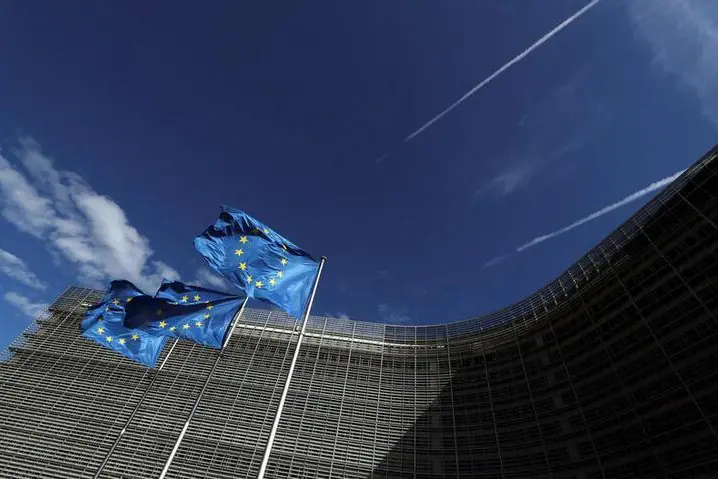PHOTO
The European Commission has told member countries that a joint EU exit from a controversial international energy treaty appears inevitable, according to a document seen by Reuters, with some of them already leaving the accord on climate concerns.
The 1998 Energy Charter Treaty, which has around 50 signatories including European Union countries, was designed to protect companies in the energy industry by allowing them to sue governments on policies affecting their investments.
But in recent years it has been used to challenge policies that require fossil fuel plants to shut - raising concerns that it is an obstacle to addressing climate change.
France, Germany, the Netherlands, Poland and Spain have already announced plans to quit the treaty, increasing pressure on Brussels to coordinate an EU-wide withdrawal. Italy left in 2016.
In a document shared with EU countries and seen by Reuters, the European Commission said the "most adequate" option would be for the EU and its 27 member states to leave.
"A withdrawal of the EU and Euratom from the Energy Charter Treaty appears to be unavoidable," the document said.
The document said this was not the Commission's official position, but reflects its preliminary views and aims to guide discussion among countries on their next steps.
The Commission said numerous factors had led to this assessment.
Treaty members agreed some reforms last year, but EU countries rejected them - meaning the unreformed treaty with stronger investment protections continues to apply.
Remaining part of this treaty would "clearly undermine" the EU's climate targets, the Commission said.
Given the number of countries quitting individually, renegotiating the treaty does not seem feasible, it said.
An EU exit would require support from at least 15 EU countries and the European Parliament, which has already backed the idea.
Even if countries leave, a "sunset clause" means the treaty would still protect existing fossil fuel investments for 20 years.
EU countries could therefore agree among themselves not to apply this clause - since most energy investments on their territories are made by EU companies.
But they would need to agree such a deal with other willing treaty members to avoid future lawsuits such as from Japan, Azerbaijan and former EU member country Britain.
"For the time being, no non-EU Contracting Party has indicated they would be open to such a solution," said the paper, which EU country diplomats are due to discuss on Tuesday. (Reporting by Kate Abnett; editing by Philip Blenkinsop and Arun Koyyur)





















